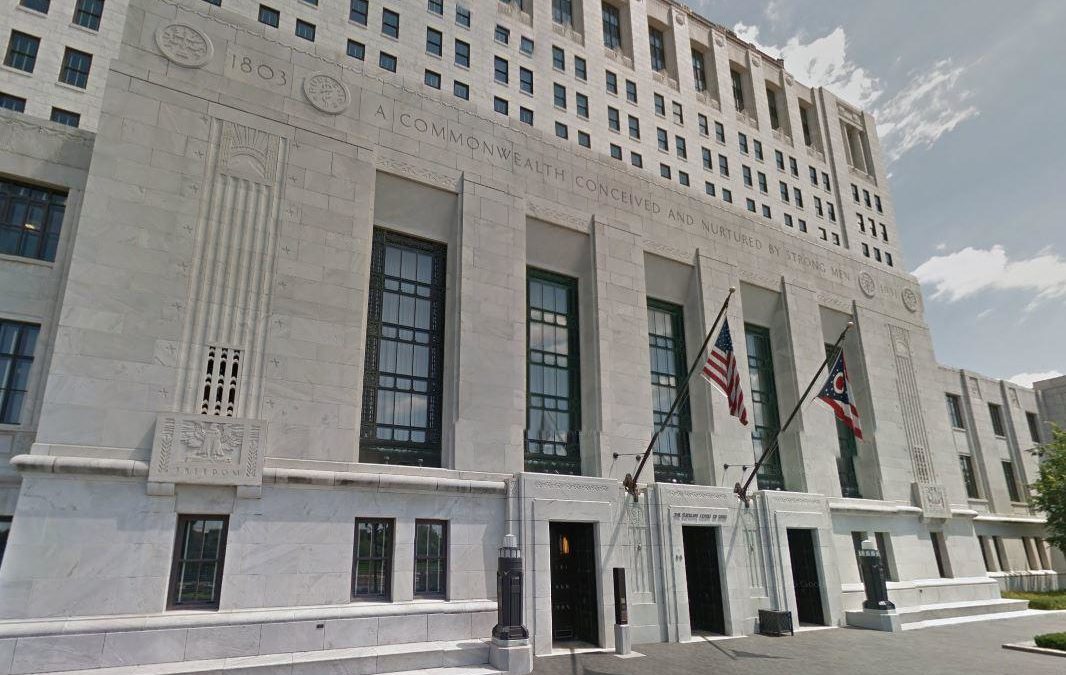Earlier this month, the Supreme Court of Ohio unanimously ruled in State ex rel. Neitzelt v. Industrial Commission of Ohio that the Commission did not abuse its discretion by invoking its continuing jurisdiction over a workers’ compensation claim after the time for filing an appeal had expired. Representing the Plaintiff’s employer, Crabbe, Brown & James Partner John C. Albert successfully argued that the Commission did not err in vacating the allowance of a medical condition that was not causally related to the Plaintiffs’ workplace injury.
The Plaintiff filed a workers’ compensation claim after injuring her back at work in July 2015. In April 2016, the Commission granted the Plaintiff’s request to add an L4-L5 disc herniation to her claim. Under Ohio Revised Code § 4123.512(A), a decision by the Commission must be appealed to the court of common pleas within 60 days after the decision is received. The Plaintiff’s employer did not appeal the Commission’s decision at that time.
The Plaintiff underwent back surgery in December 2016. It was subsequently revealed that the Plaintiff was not identified at the time of surgery to have the condition of an L4-L5 disc herniation, and that no surgery was performed on her L4-L5 disc. In October 2017, the Plaintiff’s employer asked the Commission to invoke its continuing jurisdiction to vacate the allowance of the L4-L5 disc herniation as part of the Plaintiff’s claim, citing this new evidence. At the time, it had been 16 months since the Commission had allowed the condition.
The Commission granted the employer’s request, exercising continuing jurisdiction on the basis of new and changed circumstances. The Plaintiff then filed a petition for a writ of mandamus in the Tenth District Court of Appeals, asking the court to direct the Commission to vacate the order in which it had exercised continuing jurisdiction. The Tenth District granted the Plaintiff’s request, and held that the Commission’s continuing jurisdiction ceased after the statutory 60-day appeal period lapsed following its April 2016 order allowing the L4-L5 disc herniation condition.
The Ohio Supreme Court reversed, and noted that Ohio law grants the Commission “broad authority to exercise its continuing jurisdiction, regardless of the availability of an R.C. 4123.512(A) appeal.” It held that the Commission may exercise continuing jurisdiction when there is evidence of new and changed circumstances, fraud, clear mistake of fact or law, or error by a lower court. The Court further stated this authority is only subject to (1) the temporal limitations set forth in Ohio Revised Code § 4123.52(A); (2) the rule that the filing of an appeal or action in mandamus terminates the Commission’s continuing jurisdiction; and (3) the rule that the Commission must exercise its continuing jurisdiction within a reasonable amount of time. After concluding that the Commission’s exercise of continuing jurisdiction was timely under this standard, the Supreme Court found that the Commission decision to vacate the allowance of Plaintiff’s L4-L5 herniated disc was supported under the “some evidence” standard.
In short, the Supreme Court held the mere fact that the time for an appeal under R.C. § 4123.512(A) has lapsed does not preclude the Commission from exercising continuing jurisdiction, and clarified the Commission’s ability to do so.
The Supreme Court’s decision is one of the many favorable outcomes Mr. Albert has secured for his clients throughout his 35 years of practice. In addition to workers’ compensation, Mr. Albert practices employment law, insurance defense, school law, and transportation law.

